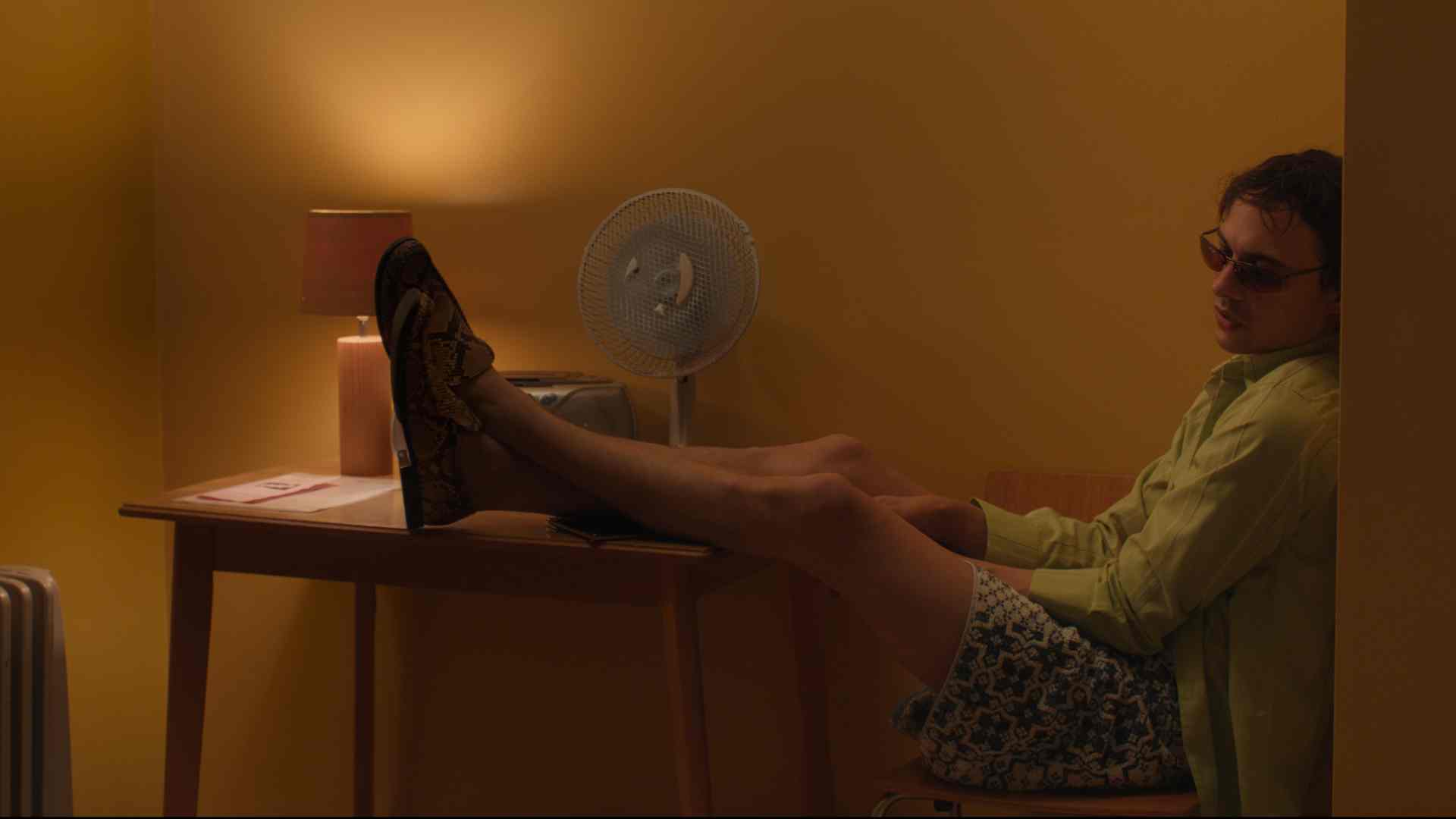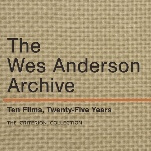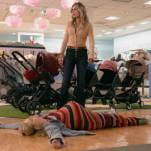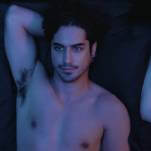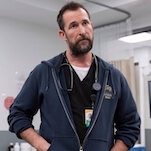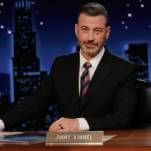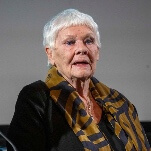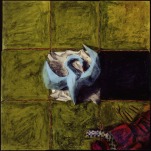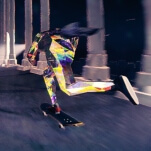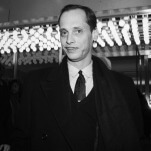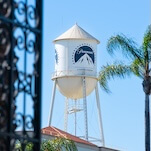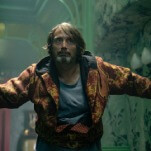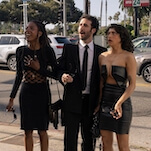Harris Dickinson sticks to the basics with his directorial debut, Urchin, but avoids the talky comedies or stagey dramas that trap so many actors-turned-filmmakers trying to stay simple. Though Dickinson has since broken out into bigger films like The King’s Man, Babygirl, and the upcoming Beatles biopic where he’ll play John Lennon, his first film as an actor, Beach Rats, operated in a similar if dreamier milieu to Urchin: A young man, trapped in a cycle of skating by and getting high, drifts through his own life. For his film, Dickinson trades Beach Rats‘ closeted, self-loathing gestures towards Claire Denis for the kitchen-sink sadnesses of Ken Loach, telling a story no less afflicted but often affecting. And, despite his confident and unfussy direction, Dickinson owes most of Urchin‘s success to his lead actor, Frank Dillane.
Dillane squirms and seethes and shifts uncomfortably in his own skin as Mike, a homeless and drug-addicted twentysomething who spends his days panhandling, scuffling with acquaintances (one memorably played by Dickinson himself), and hauling his jerry-rigged sleeping bag set-up from alcove to alcove. With a mostly stationary camera, The Beast cinematographer Josée Deshaies observing Mike’s struggles through a steadily held medium shot, Dickinson keeps his spindly character cooped up in a caged-in frame. Whether asking someone for a bagel, or mugging that same someone under a bridge just a few moments later, Mike is trapped by something larger than the consequences of his bad decisions. Even we, the audience, are granted no reprieve through establishing shots. Dickinson’s grim, quiet filmmaking offers an aesthetic reflection of the uncaring social forces pretending not to hear the person on the street corner begging for help.
As Mike’s bad behavior catches up with him—mugging someone in downtown London is effectively just asking for a demonstration of how thorough its surveillance is—he sporadically dissociates from his day-to-day ploddings. These dreamy bits of weirdness, mental retreats into darkness and caves that help stand in for, among other things, Mike’s months spent in jail, are the most effective bits of expressionism from Dickinson. Compared to others, like Urchin‘s cliché dance sequences and cheap “night on the town” montages, these actually reveal something unique about a familiar character’s inner life. Mike might be a young guy abandoned by his family, a guy chewed up and discarded by the system like a wad of gum that’s lost its flavor, a guy whose vices are doing him no favors, but this recognizable fringe-dweller expands outside of Dillane’s excitingly unlikeable performance thanks to these brief and evocative abstractions.
When playing it straight, Urchin relies almost entirely on Dillane. Scraggly and visibly dirty, hair matted and mismatched clothes stretched, Dillane looks beaten down. But he’s not defeated. And that’s not some inspirational praise meant to highlight a persevering guy who’ll eventually find those illusory bootstraps to hoist himself up with. Rather, it’s meant to highlight the complexity with which Dillane colors Mike: This is a guy by turns entitled and totally irresponsible, demanding of respect and frequently embarrassing, charmingly childish yet conniving out of necessity. This characterization is contained in how skeptically yet desperately Dillane lets self-help videos wash over him, how he flings his thin body around the furniture, how he’s energized by a single night of human connection. This makes Mike a magnetic figure, even as he’s screwing things up in predictable ways.
When the film is less focused on him, when Dickinson’s script bumps him into a love interest (Megan Northam) or a boss (Amr Waked) whose tolerance quickly curdles in his presence, Urchin‘s more hackneyed assessment of the lives of the frequently unhoused becomes more exposed. That it never veers into melodrama is a saving grace seemingly more connected to Dickinson’s nationality than anything else; Urchin always feels more traditionally British than indie Hollywood. That, and Dillane’s performance, is enough to make Urchin into a respectable debut, one free enough from the standards of cinematic drama to find something true in its low-key turmoil.
Director: Harris Dickinson
Writer: Harris Dickinson
Starring: Frank Dillane, Megan Northam, Karyna Khymchuk, Shonagh Marie, Amr Waked
Release Date: October 3, 2025
